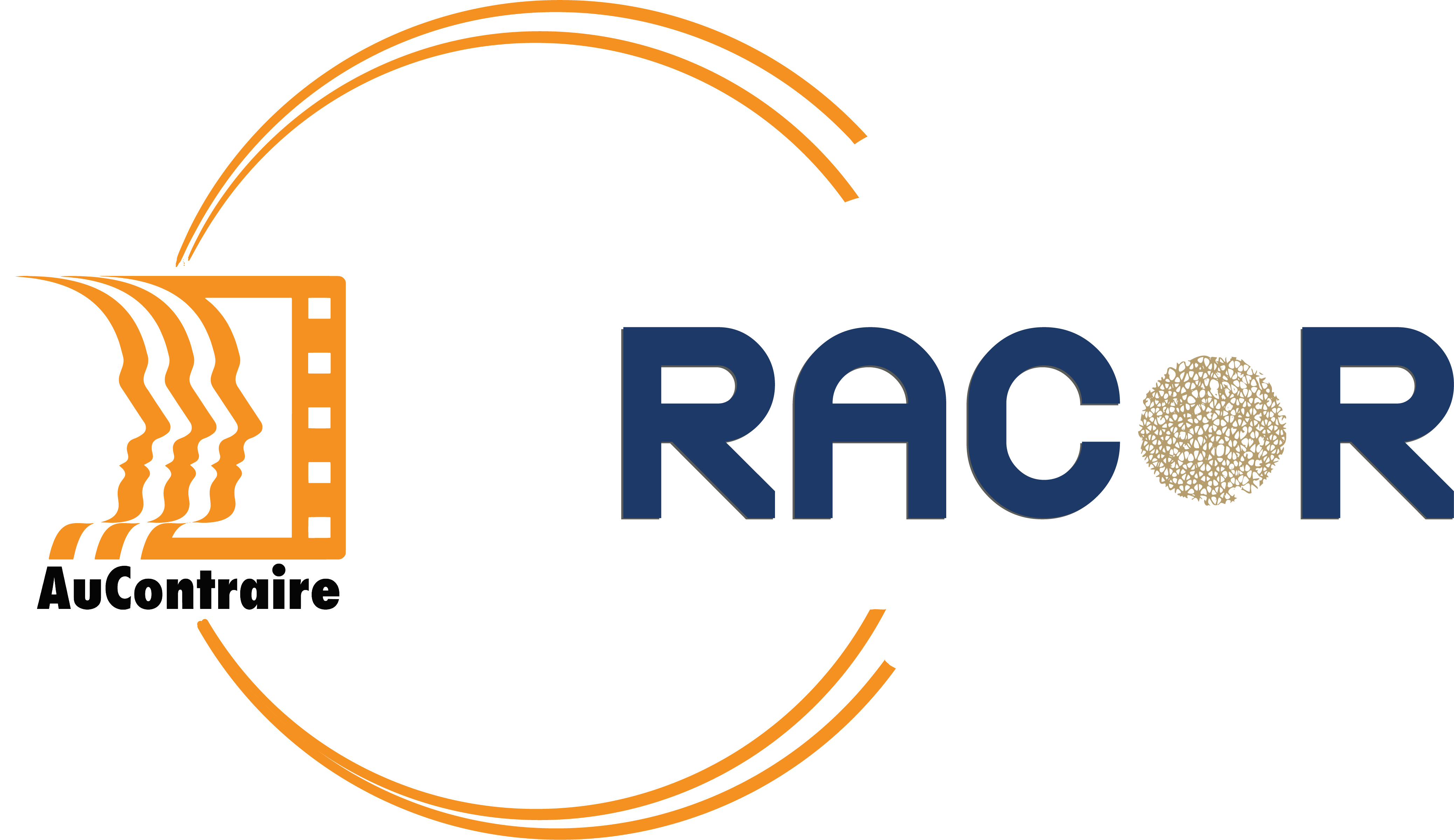World Mental Health October 2024
Join the Reel Change: End the Stigma of Mental Health Through Film.
Invite
Share
Gather
Join RACOR and the ACFF
Before You Watch the Films
Prepare Mentally
- Acknowledge that watching these films may evoke various emotions and thoughts related to mental health.
- Recognize that it’s okay to feel triggered or upset by certain scenes or themes.
Seek Support
- Identify supportive resources such as friends, family members, or mental health professionals whom you can reach out to if needed.
- Don’t hesitate to talk about your feelings and reactions with someone you trust.
Know Your Limits
- Understand that it’s perfectly acceptable to step away from the screening if you find it overwhelming.
- Prioritize your mental well-being and take breaks as necessary.
Explore Online Resources
- Familiarize yourself with online resources related to mental health support and information.
- Consider researching local resources and support groups that you can access if needed.
Be Supportive in Group Settings
- If watching the films in a group setting, be attentive and supportive of others who may be openly sharing their experiences.
- Respect each individual’s boundaries and responses to the content.
Embrace Learning Opportunities
- Approach the viewing experience with an open mind and a willingness to learn.
- Reflect on how the films’ themes and narratives may resonate with your own experiences or those of your loved ones.
After You Watch the Films
Impact and Representation
- How did the film portray mental health issues, and do you think it was an accurate representation?
- Were there any stereotypes or stigmas about mental health that the film reinforced or challenged?
Character Development
- How did the characters in the film experience and cope with mental health challenges?
- Were there any characters whose journey with mental health resonated with you personally? Why?
Social and Cultural Context
- How did societal attitudes and cultural norms influence the characters’ experiences with mental health?
- Did the film shed light on any specific cultural or social factors that impact mental health?
Treatment and Support
- What forms of support or treatment did the characters seek, and how effective were they portrayed?
- Did the film highlight any barriers to accessing mental health services or resources?
Stigma and Discrimination
- How did the characters’ mental health struggles affect their relationships with family, friends, or romantic partners?
- Were there any examples of healthy or unhealthy dynamics in these relationships related to mental health?
Family and Relationships
- Approach the viewing experience with an open mind and a willingness to learn.
- Reflect on how the films’ themes and narratives may resonate with your own experiences or those of your loved ones.
Resilience and Recovery
- Did the film portray any messages of hope, resilience, or recovery in the face of mental health challenges?
- What strategies or coping mechanisms did the characters use to navigate their mental health issues?
Personal Reflection
- How did watching the film make you feel about mental health?
- Did the film challenge any preconceived notions or misconceptions you had about mental health?
Awareness and Advocacy
- Do you think the film has the potential to raise awareness or start conversations about mental health?
- How can we use the themes or messages from the film to advocate for better mental health support in our communities?
Further Exploration
- Are there any aspects of mental health that the film didn’t address but you would like to discuss further?
- What other films, books, or resources would you recommend for exploring mental health themes?

These questions can help facilitate meaningful discussions and encourage reflection on the complex and multifaceted nature of mental health.
3 Films
LARSEN
Director: Sarah Toussain-Léveillé
8 minutes | Canada-Quebec | 2023
Genre: Short Drama
Theme: Depression
Synopsis: The story depicts the depression of Arielle, 35, overwhelmed by her daily life.
A GOOD BOY
Director: Paul Vincent de Lestrade
Belgium, France | 2023 | French with English Subtitles
Genre: Short Drama
Theme: Sexual Assault Survivor
Synopsis: One afternoon, the police arrive during a training session to interrogate Maxime’s coach, accused of sexual abuse.
CLAUDE
Director: Clément Guillaume
18 minutes | Canada, Quebec | 2023 | English with French subtitles
Genre: Short Documentary
Theme: Alzheimer’s Disease, Fascinating Connection between Art/Music & Memory
Synopsis: Claude, an octogenarian, is bored in his narrow senior residential room. In the bitterness of his daily life, there hides a humorous philosopher with the soul of a forgotten artist.
Changing Lives
Changing Mental Health


RACOR partners with The Au Contraire Film Festival
RACOR
Established in 1985, the Alternative and Community Network of Organisations (RACOR) in mental health on the Island of Montreal is dedicated to uniting, supporting, equipping, and representing community and alternative organisations involved in mental health across the Island. We are committed to recognizing the unique expertise of alternative community mental health services and highlighting the innovative and essential nature of the support provided to individuals facing mental health challenges.
RACOR also strives to raise awareness, inform, and promote a better understanding of mental health among government bodies and the general public, shedding light on the harmful effects of taboos and stigmatization on individuals experiencing psychological distress.
Disclaimer
Please read the following guidelines to comply with the film’s copyright licensing:
This webpage and the films shown are distributed for the purposes of the Clubhouse Canada Coalition campaign.Download and/or distribution of the films is not allowed without permission. If you have any technical problems, please contact: tech.aucontraireacff.ca
